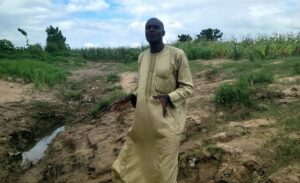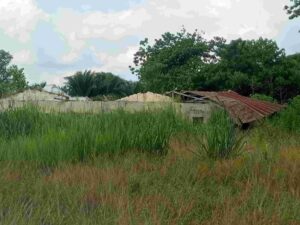Baga, a town on the shores of Lake Chad, has become the focal point for Governor Babagana Umara Zulum’s ambitious plans to rejuvenate agricultural activities and foster trans-border trade across Nigeria, Chad, and Niger.
Trouble came home to roost on April 16 and 17, 2013, Neptune Prime learnt when Boko Haram engaged the Nigerian military in fierce fighting.
In the end, over 200 lives were lost, most of them, innocent. Over 4000 houses were burnt. Many who treasured their lives above their businesses fled the area. Gradually, the business began to dwindle but fishing continued. Only issue was; no one to sell to. The news spread and fish traders stayed off the place. Businesses took some more hits. It was while this fear remained that the Boko Haram terrorists waltzed in and took Baga.
The result; if you were not loyal to them, you could not do business in the area. If you did, you could not move the fish to Maiduguri, because you would have to explain yourself to the Nigerian army at the check-point. Many did not want to get caught in the middle, but few business people had their way. 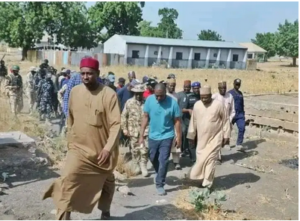

Photo credit: N/E Reporters
 The business boomed over in Baga, now Boko Haram-controlled territory but the snag was not coming into Maiduguri anymore. The supplies from places like Konduga and Ngala could not serve the rising demand. Thankfully, all that is about to change, and hopefully in no time, Baga is set to get back its once thriving business community status.
The business boomed over in Baga, now Boko Haram-controlled territory but the snag was not coming into Maiduguri anymore. The supplies from places like Konduga and Ngala could not serve the rising demand. Thankfully, all that is about to change, and hopefully in no time, Baga is set to get back its once thriving business community status.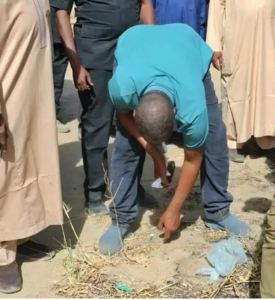

Zulum’s recent 20km journey across the expansive lake aimed to assess the potential for agricultural growth and revitalising the traditional fishing trade that has long sustained the region.
Emphasising the significance of large-scale farming in providing sustainable livelihoods for communities affected by insurgency, Governor Zulum stated, “Our first objective is to clear the waterways to enhance trans-border trade and agriculture.”
This vision aligns with his commitment to uplifting the region’s economy through innovative and sustainable strategies. However, the once-prosperous fish business in Baga has faced unprecedented challenges amidst the military-Boko Haram power struggle. The fishing communities, especially in Doron Baga, bore the brunt of declining business activities as a result of the conflict. Despite efforts to revive the industry, the challenges persist, adversely impacting the income of fish traders like Goni Umar, who lamented the disruption caused by insurgency, stating, “When Boko Haram struck Baga, we fled. Everything about the business changed.” The report, previously crafted by Neptune Prime and supported by the Wole Soyinka Centre for Investigative Journalism (WSCIJ) under the Collaborative Media Engagement for Development Inclusivity and Accountability project, unveils the complex dynamics of economic revitalisation in Baga.
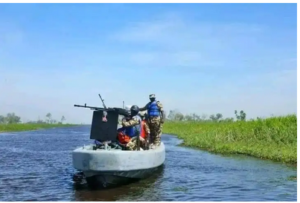
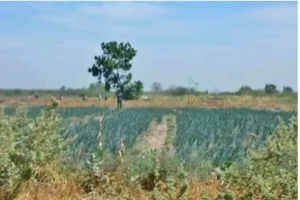
After Neptune Prime’s exclusive report on Baga’s dwindling fish trade, government comes through for it’s residents The insightful analysis sheds light on the multifaceted challenges and opportunities facing the region while providing a platform for constructive dialogue and action. Governor Zulum’s initiatives in Baga reflect his unwavering commitment to fostering sustainable economic development and reinvigorating cross-border trade, ultimately aiming to build a brighter future for the resilient communities of Baga and the Lake Chad Basin region.

